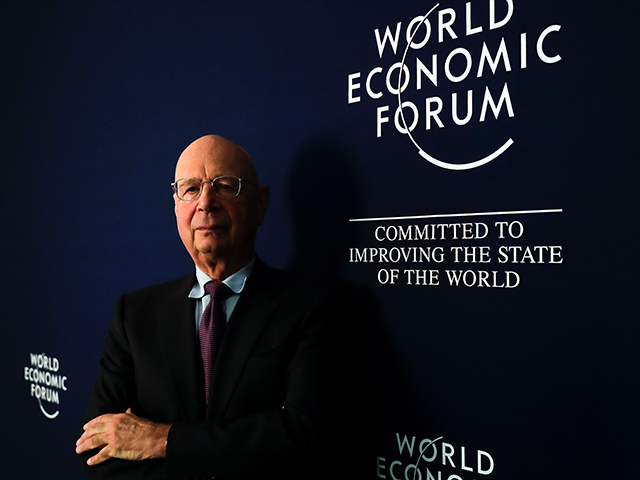A report from the World Economic Forum (WEF) claims AI-powered misinformation is the leading short-term threat to the global economy.
AP News reports the globalist organization released its Global Risks Report, which has identified AI-powered misinformation as the primary threat to the global economy in the short term. The WEF states misinformation and disinformation pose a serious challenge to democracy and societal harmony, with the report stressing the importance of tackling these issues.
The report draws on insights from experts and leaders across various fields and expresses concern over the rising popularity of generative AI technologies like ChatGPT. These technologies simplify the creation of sophisticated AI-generated content, which the WEF claims gives everyone the capability to manipulate public opinion – an ability once reserved for those with specialized tech skills.
In the context of upcoming elections in key global economies, the WEF expressed concern about the potential for AI-driven misinformation to sway public opinion. Carolina Klint, a risk management leader at Marsh, whose parent company Marsh McLennan co-authored the report with Zurich Insurance Group, warned of the potential for AI to destabilize democratic processes and amplify societal division.

File/Klaus Schwab, founder and Executive Chairman of the World Economic Forum, poses for a photo on the eve of the World Economic Forum, WEF, in Davos, Switzerland, Monday, Jan. 22, 2018. (AP Photo/Markus Schreiber)
“You can leverage AI to do deepfakes and to really impact large groups, which really drives misinformation,” Klint said, adding that, “Societies could become further polarized” as people find it harder to verify facts. Fake information also could be used to fuel questions about the legitimacy of elected governments, “which means that democratic processes could be eroded, and it would also drive societal polarization even further,” she added.
The rise of AI also introduces additional risks, such as empowering malicious actors with easier means to execute cyberattacks by using AI to coordinate advanced phishing attacks or create new types of malware.
Blinken, Macron, Li, and Guterres Lead Rush of Globalist Elites Flying into Davos https://t.co/YUv0wYwhig
— Breitbart London (@BreitbartLondon) January 10, 2024
“You don’t need to be the sharpest tool in the shed to be a malicious actor,” Klint said.
The report states that extreme weather and climate change are the second-most pressing risks in the short term, followed by other environmental challenges like critical changes to Earth systems, biodiversity loss, and natural resource shortages.
Read more at AP News here.
Lucas Nolan is a reporter for Breitbart News covering issues of free speech and online censorship.

COMMENTS
Please let us know if you're having issues with commenting.